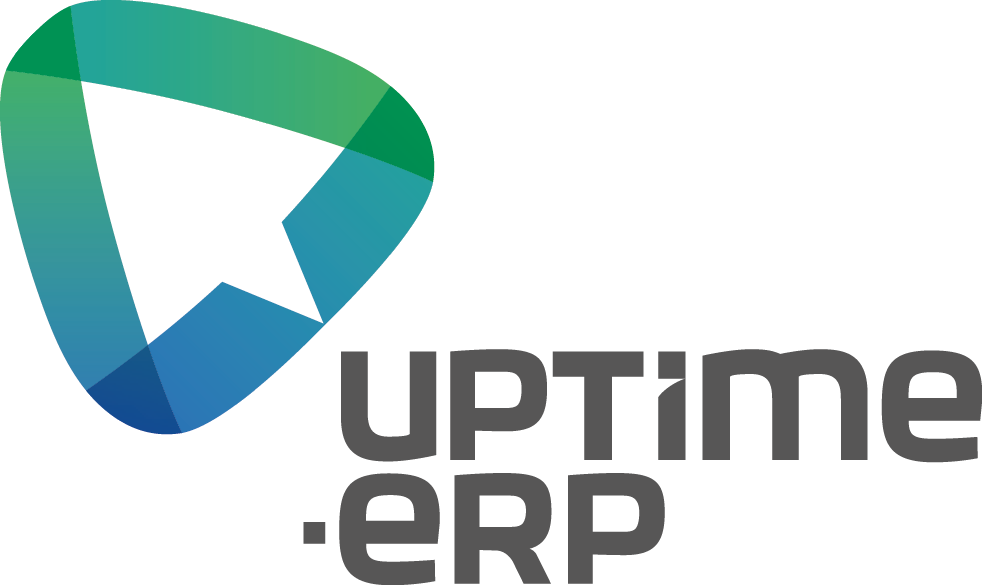Already on January 1, 2025, new regulations will come into force, imposing new obligations on some entrepreneurs related to maintaining accounting books. The regulation on supplementing accounting books for CIT purposes, signed by the Minister of Finance on August 16 this year, introduced significant modifications and clarified the deadlines for implementing JPK_CIT.
How to prepare for the obligation of maintaining accounting books using computer programs? See which pitfalls to avoid to reduce implementation costs and prevent the risk of data leaks.
When does JPK CIT come into effect?
According to the new regulations, CIT taxpayers will be required to submit their accounting books to the head of the tax office in the form of electronic files with a specified logical structure. The standardization of the Standard Audit File (JPK) for CIT purposes will enable tax authorities to automatically verify whether the amount of CIT calculated by the taxpayer is correct.
The obligation to implement JPK_CIT covers the financial year 2025 but does not apply equally to all entrepreneurs. Its introduction will be gradually extended to specific groups of taxpayers. The implementation schedule includes tax or financial years starting after:
- December 31, 2024 – for tax capital groups and CIT taxpayers who achieved revenue exceeding 50 million euros in the previous tax year;
- December 31, 2025 – for other CIT taxpayers required to submit JPK_VAT (companies that are not legal entities);
- December 31, 2026 – for other CIT taxpayers and companies that are not legal entities.
JPK_CIT – what has changed?
The regulation of August 16 this year introduces significant changes related to JPK_CIT. The key change involves dividing the logical structure into two separate elements: the accounting book (JPK_KR_PD) and the register of fixed assets and intangible assets – JPK_ST_KR.
The division into two logical structures is an extremely important and necessary change – especially from the perspective of large capital groups, whose financial structures are often complex and distributed across several countries. Splitting a single structure into JPK_KR_PD and JPK_ST_KR enables such taxpayers to manage internal processes more efficiently and reduce the risk of errors. The inclusion of solutions proposed by the market by the Ministry of Finance will undoubtedly translate into increased efficiency and transparency in tax data reporting, says Eryk Krysztofiak, Managing Partner at UpTime ERP.
The remaining changes concern:
– Streamlining the process of transferring large files, including the ability to divide the JPK_KR_PD structure into monthly, quarterly, and semi-annual periods;
– Standardizing data recording based on a set of tags provided by the Ministry of Finance, meaning the transfer of identifying tags from the document level to the level of accounting book accounts.
What to Pay Attention to When Implementing JPK_CIT?
Fulfilling the obligations imposed on CIT taxpayers may involve risks that SAP users are often unaware of.
Discover the 3 pitfalls to avoid when choosing a JPK_CIT solution!
Pitfall 1: Risk of Data Leakage
Currently, two types of JPK_CIT solutions are available on the market, differing in terms of data transfer security. In the first case, data extracted from SAP is transferred to an external server of an IT company before being sent to the tax office. Using this solution increases the risk of data interception by malicious software and information leakage.
The solution offered by UpTime ERP completely eliminates this risk. In our proprietary JPK_CIT solution, data from SAP is sent directly to tax office servers. Unlike competitors, we do not use external servers. We enable the generation of XML files directly in SAP, which significantly enhances data transfer security.
Pitfall 2: Unnecessary Implementation and Maintenance Costs
Choosing a JPK_CIT solution that involves sending data to an external server before it reaches the tax office server can result in significant costs. Companies offering such products often require data to be delivered in a report with a specific specification. To obtain this, clients are forced to use consulting services, incurring costs of up to tens of thousands of zlotys for preparing a suitable report to export data from accounting books in the format required by intermediaries.
With the solution offered by UpTime ERP, data is generated directly from SAP. Transferring it to the tax office server does not require creating additional reports – it happens automatically and incurs no additional costs.
Pitfall 3: Risk of Errors
In the August regulation, the government proposed a market-requested division of the original logical structure of accounting books into two separate structures. Implementing JPK_CIT in its new form poses a challenge for IT companies, which have limited time to test the new solution. However, the case is different with UpTime ERP.
Thanks to our extensive previous experience supported by implementations of JPK_VAT, JPK_FA, JPK_MAG, JPK_KR, and JPK_WB, our JPK_CIT solution has already been tested and fully tailored to the specifics of the latest legal requirements – explains Sławomir Dominiczak, SAP FI/CO Expert.
Why choose JPK_CIT from UpTime ERP?
There are at least 9 reasons why our clients value our custom solution:
- Cost savings stemming from the elimination of the need to hire consulting firms to customize reports. In JPK_CIT from UpTime ERP, the XML file is automatically generated in SAP and then sent to the tax office server – without additional costs or waiting time for the report;
- Reliable performance – the solution from UpTime ERP is based on a structure thoroughly tested by users of JPK_VAT and other products in the JPK group;
- Full control over data and no risk of data leakage from the SAP system. Your data will be sent directly to the tax office. Unlike many competitors, we do not store it on any server or share it with external entities;
- Versatile application – the solution from UpTime ERP offers extensive configuration options that allow for the handling of every business process;
- Full compliance with current legal regulations – in case of amendments, we introduce updates to JPK_CIT. Our clients can be sure that they meet all the obligations imposed by law;
- User-friendly operation – we have created a user-friendly solution that allows your employees to send files with just a few clicks;
- Intuitive Windows application – we provide clients with an application that enables XML file validation and submission, and in case of an audit, allows for efficient retrieval of UPO;
- Convenience – we have created a comprehensive package solution that includes a group of products: JPK_CIT, JPK_VAT, JPK_MAG, JPK_WB, and JPK_FA. You can choose one or several, gaining the support of a dedicated consultant and service;
- Trust and a stable market position. UpTime ERP is a Polish company that has been supporting clients and building long-term relationships based on trust and partnership for 10 years. We have reference letters from clients who are happy to recommend our services to their contractors.
Would you like to learn more about implementing JPK_CIT? Let’s talk about cooperation.
Feel free to contact us!

